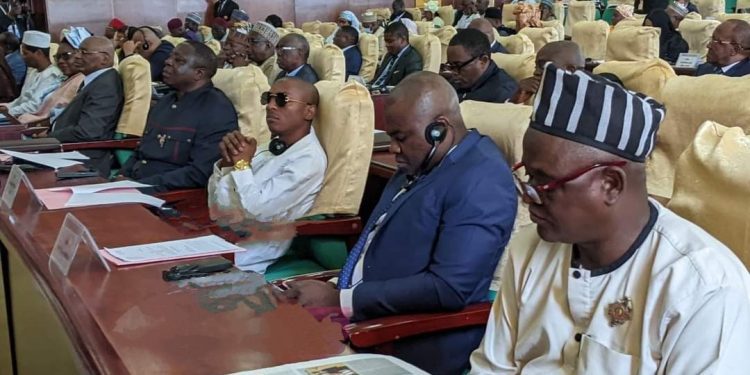The Lower House of Parliament today approved a government-tabled bill to extend the mandates of Members of Parliament and Municipal Councillors by one year.
The decision was made during a plenary session chaired by House Speaker, Cavaye Yeguie Djibril, with the bill being defended by Wakata Bolvine, the Minister Delegate at the Presidency in charge of Relations with the Assemblies.
The approved bill extends the mandates of legislators from March 10, 2025, to March 30, 2026, effectively postponing the Legislative and Municipal elections scheduled for February next year.
Opposition parties, particularly the Cameroon Renaissance Movement (CRM), sees this as a tactic to hinder their participation in the Presidential elections set for October 2025.
The bill was initially submitted by the Presidency, with the government justifying the extension during a cabinet meeting on Monday, citing budget constraints as the primary reason.
Organizing four elections next year—Municipal, Regional, Legislative, and Presidential—was deemed financially unfeasible.
Had the elections proceeded as scheduled in February 2025, opposition parties like the CRM, which currently lacks representation in the National Assembly, would have had the opportunity to secure Parliamentary and Municipal seats.
Such gains would have enabled them to present a viable candidate for the Presidential race.
Despite the strong resistance from opposition leaders, including Joshua Osih, Jean Michel Nintcheu, and Nourane Foster, the bill’s passage through Parliament was almost inevitable.
The ruling Cameroon People’s Democratic Movement (CPDM) party holds a commanding majority with 152 out of 180 parliamentary seats, ensuring an easy passage for the bill.
Opposition leaders have criticized the move and see the extension of mandates as a strategy to maintain the political status quo and limit the influence of emerging opposition movements.



